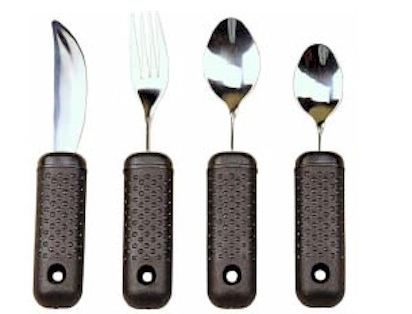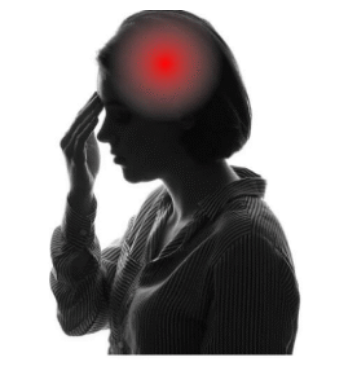How Special Eating Utensils Are Helpful For Senior Citizens?

Strong 8k brings an ultra-HD IPTV experience to your living room and your pocket.
The use of eating utensils for seniors can significantly improve the quality of life for older adults facing physical and neurological challenges. Dining is not just a life-sustaining requirement but also a day-to-day ceremony that provides self-respect, relief and autonomy.
But age-related restrictions may transform what was a simple action into one that becomes infuriating. Luckily, there are adaptive utensils and mealtime tools that are helping seniors to have meals independently.
Difficulties That The Seniors Encounter During Mealtime
Individuals might experience a number of problems when eating as they get older. Grip strength and hand coordination may be immune to conditions such as arthritis, muscular disease, stroke after-effects, or merely a general weakness of the muscles.
The conditions can cause the spilling of food, delay in eating or even skipping meals. Unable to eat on their own, the seniors not only become undernourished but also lose confidence.
Independence in everyday living activities (most importantly, eating) is a crucial factor in healthy mental and physical well-being. Assistive tools are there to bridge that gap.
Kind Of Special Utensils That Make A Difference
One of the most helpful mealtime solutions includes utensils for seniors. The handle of these tools is made larger and easy to hold, and in some cases, they are bendable or weighted. The bigger handles require less effort to hold them, and the increased weight allows it to be stable in the hands of someone with tremors.
There are also utensils that have straps or cuffs that encircle the user's hand and allow one to control it even with minimal grip strength. The designs provide older adults with the capability of feeding themselves more efficiently as they regain independence at the table.
Other Aids To Assist With Independent Eating
Other than adaptive eating utensils for seniors, the use of scoop plates, non-slip mats, and deep-sided bowls may facilitate food handling. The curved edge of the plate will assist these seniors in pushing the food onto the spoon or fork when the food tends to slide off the plate.
The contrasting plate colors also may be useful. To a person with cognitive impairment or poor sight, high-contrast colors will make it simpler to differentiate between food and plate. Such mealtime hassles as red dishes on a white cloth or blue dishes on a brown table can be easily fixed to enhance visibility.
Finger Foods: People Who Are Not Able To Use Utensils
Not every senior is able to handle regular or adaptive cutlery. To others, even the most ergonomically designed utensils might be a challenge, as they have extreme cases of mobility impairment or diseases such as late-stage dementia. When this happens, then the option of finger foods is feasible.
Healthcare specialists would recommend transforming favorite meals into finger food recipes. Examples include omelets, which can be transformed into egg muffins and pasta meals, which can be transformed into baked pasta bites. These meals may be prepped ahead of time and consumed at any time, giving freedom and choice.
When Special Tools Are A Necessity
And there are cases when tools can be not simply helpful but necessary. For individuals with hand tremors or serious grip issues, using utensils for handicap is often the safest and most effective option. These cutlery sets are also designed to offer the best control, thus preventing spillage or choking.
Angled or bendable utensils can also be useful to people recovering after a stroke or who live with neurological disorders. These designs compensate for poor movement of the arms and assist the user in guiding food into their mouths with much ease.
Closure: The Appropriate Equipment Can Support Self-Respect And Autonomy.
The process of eating should not be a hassle. A proper selection of tools will allow the seniors to remain autonomous and not worry about cooking their meals without any help. Such products as scoop plates, bibs, and adaptive tools can significantly contribute to enabling seniors to remain independent.
It could be modifying the prongs of a fork or providing finger food, but the aim is to enable older people to feed themselves. There is more to adaptive eating utensils for seniors than simply being useful; they are also necessary to support dignity, nutrition, and quality of life at an advanced age.
Note: IndiBlogHub features both user-submitted and editorial content. We do not verify third-party contributions. Read our Disclaimer and Privacy Policyfor details.







